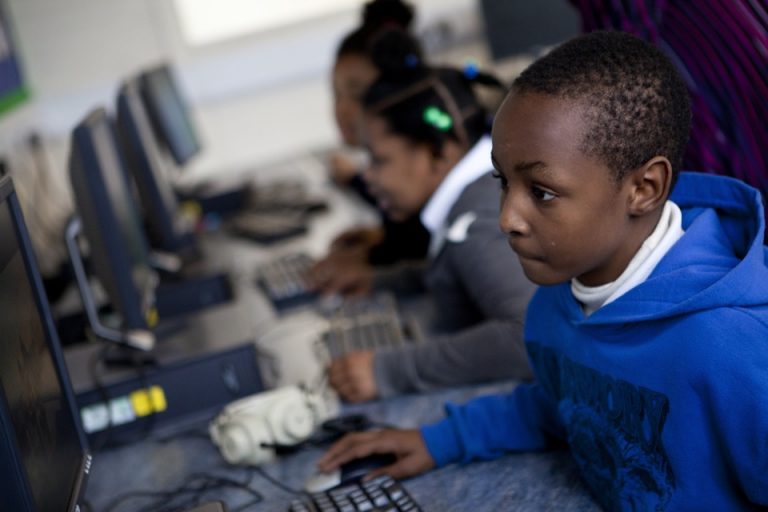
Nigeria has experienced several economic downturns over the past few months of 2023. The rise in cost of commodities, the depletion of the national foreign reserve, inflation, decline in the purchasing power of citizens, rise in cost of petroleum amongst others. Likewise has this downturn affected every sector of the economy. One of these is the educational sector.
Nigeria used to be a country where education was cheap and affordable for the common man. I remember when my father told me before he passed on, the highest money he ever paid in school was N150, today you could barely obtain a loaf of bread for that same amount in the country.
Despite the deteriorating conditions of our economy, the education sector has not been hit with a tsunami such as this. Due to some factions between the government and public schools, sponsorship and support for public schools have been a hurdle yet to overcome hence the schools need a means to finance all the bills required to keep the system running. Cost of tuition fee in some universities have doubled, others tripled to unexpected levels, beyond the average margin affordable by a middle earning family.
Register for Tekedia Mini-MBA edition 19 (Feb 9 – May 2, 2026): big discounts for early bird.
Tekedia AI in Business Masterclass opens registrations.
Join Tekedia Capital Syndicate and co-invest in great global startups.
Register for Tekedia AI Lab: From Technical Design to Deployment (next edition begins Jan 24 2026).
Worsening the case, the price of petrol has also tripled its pump price which was between N198 to N210 as of April 2023. Now a litre sells for an average of N620. As the price of petrol skyrockets, so do other commodities. Transportation, the cost of running generators for businesses (as the country has no reliable power supply), factories all depend heavily on petrol to keep their businesses running.
As conditions keep degrading, students have began dropping out of school. Earlier this year, I noted some students which I regularly see in school no longer cross my path. So as I made a little inquiry into their condition. I got to discover they dropped out of school due to lack of finance to sponsor their education. It is no strange that things have taken turns this way. As parents become unable to sponsor their children to school, we will continue to see more students drop out of school. This behavior will have a devastating ripple effect on our economy. But is this the way forward?
Western countries have adapted several ways of schooling their children. One of such ways is homeschooling. Home schooling is a type of education where students get to take their classes at home either guided by their parents or a dedicated tutor. This in some jurisdictions usually has a laid down curriculum to follow. This method of schooling has been quite effective in the west as so many people have come out to testify how they found out they were far better than their mates who schooled in public schools when they moved to college. This method of schooling reduces the expenses which parents are mandated to pay when they enroll their children into public schools; reduced tuition fees, bus levy and other miscellaneous required to keep the school running.
Considering this approach of schooling, it will be economical to pursue in order to adapt to the current economic conditions of our country. Though home lessons have been here for over a decade, home schooling has not. If the current system is to be adjusted to accommodate home schooling in the education sector for the development of the economy, then it is wise to consider.


